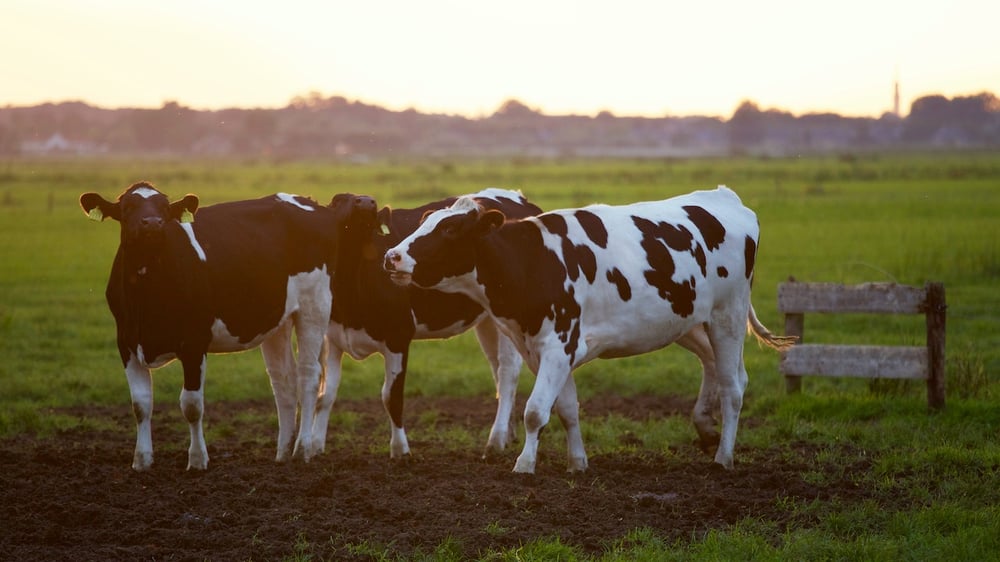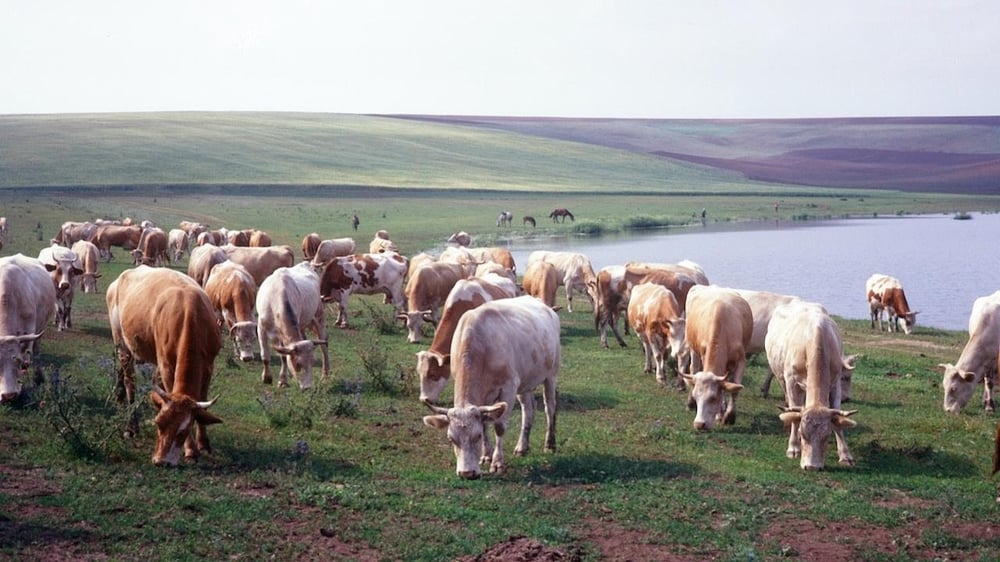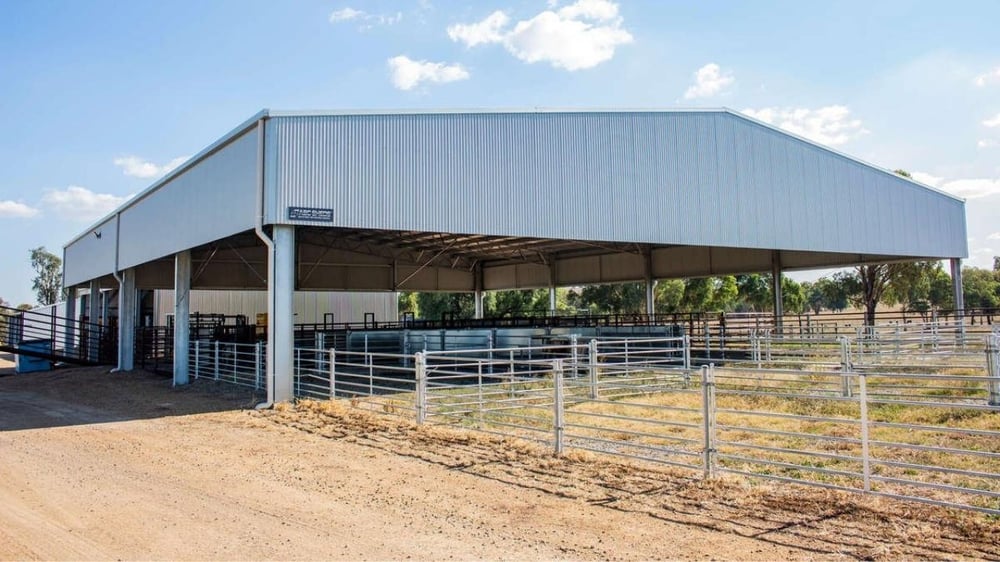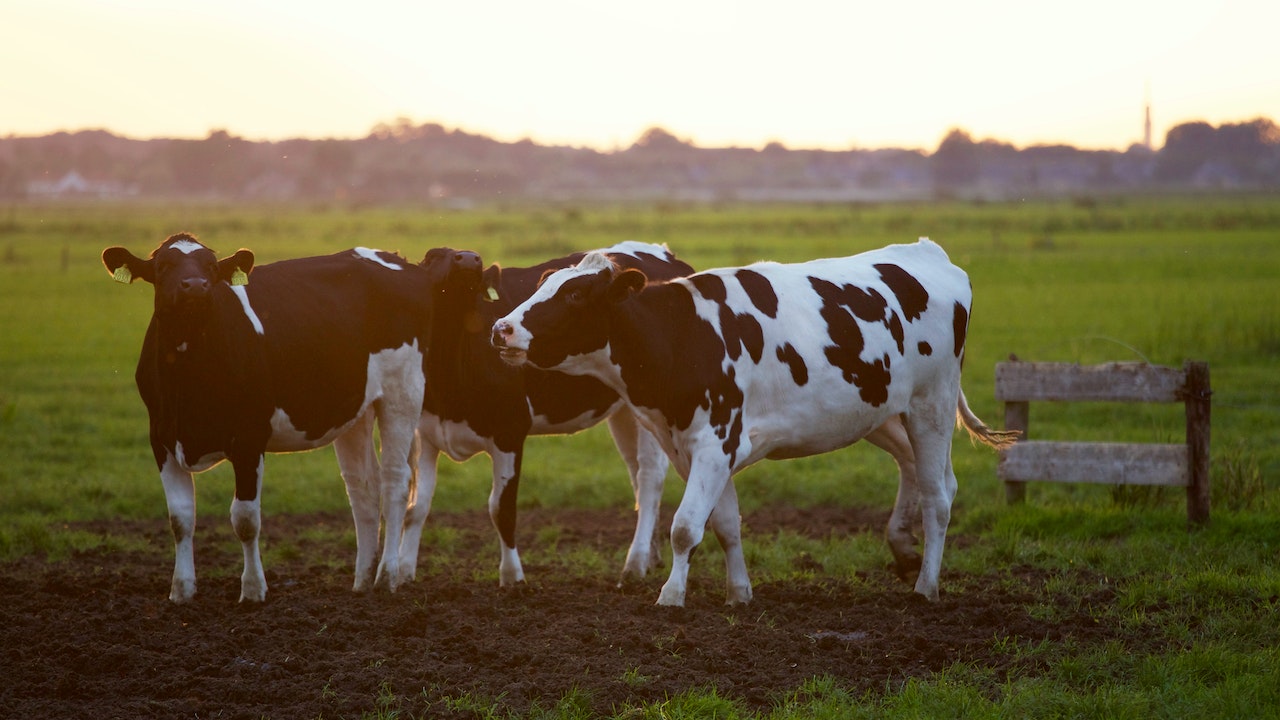How to reduce the risk of foot-and-mouth disease (FMD)

With a recent outbreak of foot-and-mouth disease (FMD) in Indonesia, the possibility of the devastating disease is looming over Australia. Since 1872, Australia has been completely free of FMD but it’s still one of the most serious biosecurity concerns threatening our borders.
Studies show that if the disease does infect Australian animals, it could cost the economy more than $80 billion within the next decade. So while extra measures are being taken to contain the Indonesian outbreak, it’s important to be prepared for the potential spread of the disease to Australian soil.
What is foot-and-mouth disease?
Foot-and-mouth disease is an extremely contagious virus that severely impacts cloven-hoofed animals. Cloven-hoofed refers to hooves that are divided, such as with cattle, sheep, goats, deer and pigs.
Signs of FMD
- Blisters in the mouth, nostrils, teats and feet. Unfortunately, these can be difficult to notice until they’ve ruptured.
- Excessive slobbering or drooling.
- High temperatures.
- Lameness or reluctance to move.
- Severe depression.
- Lack of appetite.
- Sudden death, particularly in young animals.
- Significant drops in milk production, specifically for dairy animals.
- High levels of abortion, specifically with pigs.
It usually takes 3-5 days for the symptoms to appear after infection but can take as long as 14 days in some cases. Since infected animals can spread the virus before they’ve displayed any of the signs and, for certain animals, the signs can be harder to detect, it’s important to monitor them closely. Sheep in particular are known to have milder symptoms, with lameness being one of the only signs.
The virus doesn’t affect humans, and can’t be spread to humans, but it does have catastrophic effects on farming. So if you notice any of these symptoms in your animals, contact your vet immediately or call the Emergency Animal Disease Watch Hotline on 1800 675 888.
The recent outbreak of foot-and-mouth disease

Indonesia had been FMD-free since 1986, but as of July 2nd 2022, they now have an official outbreak. The virus has been confirmed in 20 provinces and 227 districts, infecting a whopping 313,636 cattle. While many of those animals have recovered, 4,682 have died and that number is expected to rise.
The virus is highly infectious and can be spread by live animals, meat and dairy products. If the disease were to spread to Australia, it’s likely to be through these imports, even if the products are frozen. It can also be transmitted through soil, bones, untreated hides, and equipment used around the infected animals so, without vigilant precautions, it could quickly become a major problem for Australian farmers.
Precautions to protect Australian animals from FMD
Fortunately, some effective measures are being taken to reduce the spread of the virus and keep it from expanding beyond Indonesia.
These measures include:
- Anyone who has had contact with an Indonesian farm is required to declare this when arriving in Australia. This includes several popular tourist destinations.
- All footwear, clothing and equipment that has been used in Indonesia must be clean and free of contaminants, especially mud and animal manure.
- People travelling from Indonesia should not have contact with livestock for at least seven days after arrival in Australia. This should reduce the risk of disease transmission.
- Anyone sending goods to Australia must abide by the rules outlined by the government, including declaring it and checking that it is on the approved mailing list.
Protecting your farm from foot-and-mouth disease
In the case where the virus does spread to Australia, there are some practical measures you can take to protect your animals.
Check your animals regularly
The first step to take is to know and research the signs of FMD in detail so that you can recognise it as soon as possible. If your animals do show signs, the sooner it gets addressed, the better. To ensure the best chance for your animals, check them thoroughly and regularly.
Put precautions in place on your farm
It doesn’t take much for an outbreak to spread, so you can’t be too careful when it comes to your farm. While the risk is currently low, it’s worth keeping strict controls on who visits your farm so you can track exactly where the virus might be transmitted. This way, your animals are less likely to contract the disease, and if they do, you can alert authorities to the specific threat.
Extra precautions to take include:
- Create a biosecurity toolkit specific to your farms' needs.
- Use livestock biosecurity manuals to reduce disease entering and spreading from your property.
- Implement a farm biosecurity action plan to have strategies in place for specific events.
Invest in your farm facilities

Hygiene is a critical component of preventing the spread of foot-and-mouth disease. In cases where mud, liquids or equipment has been infected, it’s important to have the facilities to handle it correctly. For many farms, this can be achieved with the installation of a covered cattle yard and sheds that can be easily washed after use.
If you want to keep your animals healthy from FMD or any other transmittable diseases, a quality yard cover will make all the difference. Whether it be fully or partially walled, a yard cover will make it easier to protect your herd from the elements to check them for signs of FMD. A yard cover also makes a practical sheltered space where you can isolate virus-infected animals as soon as they’re identified.
At ABC Sheds, our yard covers have provided the ideal solution for decades, with high-quality materials and design. When it comes to your farm and your animals, it’s important to invest in the best so that you’re prepared for anything.
We offer custom-made structural steel sheds and covers that are versatile, reliable and built to last so that you can focus on running your farm. For more information, contact us today or find all you need on our yard covers page.
-1.png?width=3641&height=660&name=abcshedstransparent2%20(1)-1.png)




